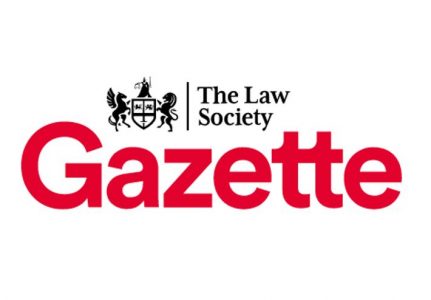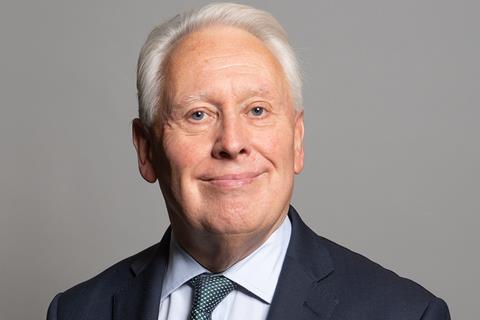
High street firms and law centres ‘could collapse’, warn MPs
Small high street firms and law centres may not survive Covid-19, MPs today warned in a report on the legal profession.
Assessing the impact of the coronavirus between 16 March and 30 June, the House of Commons Justice Select Committee said legal professionals adapted ‘impressively quickly’ to working from home and remote hearings.
However, legal aid providers were ‘already under stress’ before the pandemic and the financial support provided by the government ‘cannot compensate for the significant drop-off in the amount of work being done and remove the risk of a collapse in legal services providers’.
The report singles out small high street firms, law centres and other not-for-profit agencies, and newly qualified barristers in danger.
The committee says the government’s furlough scheme was helpful in reducing staff costs, but the loans scheme was not.
Explaining the low takeup of loans, Law Society president Simon Davis told the committee that ‘these are loans that will have to be repaid by people who have no idea whether they are going to be there to repay them or whether the work is going to be there to finance it’.
The committee heard that the self-employed income support scheme was not available to those who did not complete a tax return for 2018-19, which was a problem for barristers just starting out. The scheme was not available to those with profits of £50,001 or above.

Sir Bob Neill: people under misapprehension lawyers are all on comfortable incomes.
The Ministry of Justice is urged to consider the Law Society’s proposals for monthly payments. Further grants should be considered for law centres and other not-for-profits. The ministry should consider how it can help self-employed practitioners whose profits are just above the £50,000 threshold and legal services providers with their business rates.
The ministry and Legal Aid Agency should continue to be ‘creative’ on how legal aid is administered.
Sir Bob Neill, chair of the committee, said: ‘Let’s be honest about this. I know some people won’t have a lot of sympathy for lawyers who dress up in fancy gowns and speak a language of their own. People are under the misapprehension they are all on comfortable incomes. Some are, but very many, especially given their recent big drop in workload, are not.’
Neill said the ministry must consider further support, ‘otherwise, the next time a victim of a crime or a defendant – both of whom may be on modest incomes – has a brush with the legal system, they may find they have no access to real justice’.
Lord chancellor Robert Buckland said: ‘I am working very hard, not just with the Treasury but internally, to see what more can be done to help the flow of regular income to the professions, particularly those at the sharp end of legal aid.’
Simon Davis welcomed the committee’s report and echoed the sentiment that legal aid lawyers need support now, or they may not be there when justice is needed in the future.
He said: ‘Young practitioners and those from BAME backgrounds have been disproportionately affected by the pandemic as they often work in publicly funded areas of law. Time and time again, the Law Society has warned that the beleaguered legal aid system is reaching breaking point and more government investment is needed.
‘In these challenging times, it is vital that the wheels of justice continue to turn. The government must heed the select committee and our calls on supporting legal aid firms through the crisis.
‘To preserve access to justice and the rule of law, the government must also commit to uprating legal aid fees and updating the legal aid means test. Without action, more and more members of the public will find themselves priced out of justice and unable to enforce their rights.’
By Monidipa Fouzder 3 August 2020